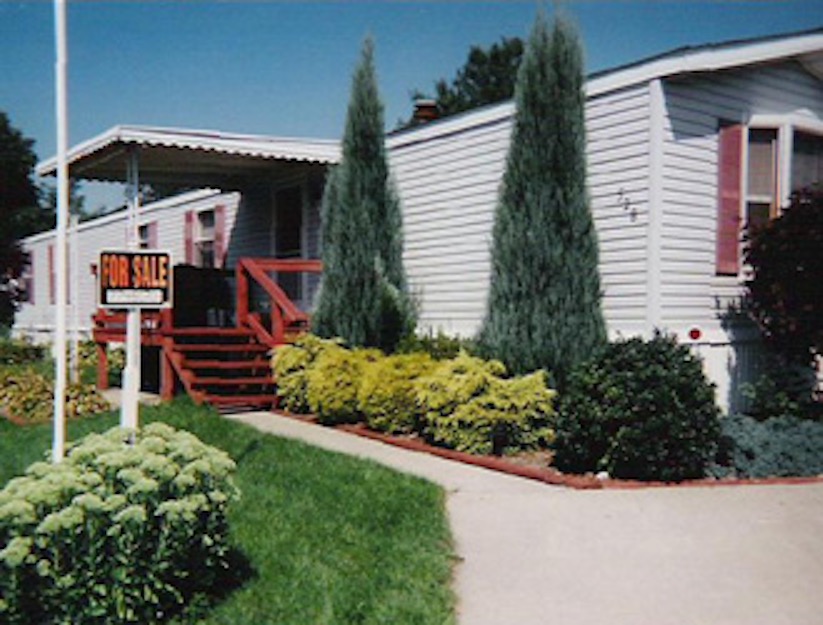My Story | The Book | Sample Chapter |
Crisis Gifts Checklist | Be a Sponsor |
Talks, Keynotes | Newsletter | Contact Info
Sample Chapter
This is an excerpt from my future book, on being open to and recognizing kindness and generosity. This is a true story. I've changed the names for my own protection.

Introduction
I'm a kind person and that doesn't sit well with some people. I've learned that most people are suspicious of kindness and generosity. I come from a generous family and have great models to emulate. Kind people show up in my life every day. Yet, for the past 25 years, every time I do something out of the kindness of my heart in my own community I am treated with derision, contempt and hostility. Don't take this as a complaint from me, but rather, a lesson to make you aware of how you might react or respond if someone wants to be your benefactor. Be open to possibilities, be willing to accept someone's kindness and generosity. And maybe someday you yourself can be someone's benefactor.
The Neighbors
I used to own a mobile home in Girard, Pennsylvania. It's the one in the photo at the top of this article. I paid $25,000 cash for it after the owner had some difficulty getting the title cleared. It was worth less than that, but I gave the owner additional money because I lived in the home for two months while he paid the lot rent. I didn't have to give him more – it wasn’t in our agreement - but I did because I don't take advantage of people. My father always taught me to give more than is expected.

Sadly, I learned quickly that my neighbors didn't like me. They did everything to show me their contempt and hatred of me. Understand that I lived alone, owned a paid-for (8 year old) home, owned a paid-for (8 year old) car, didn't depend on a husband to support me, didn't work at a minimum wage job, did all my own yard work and snow shoveling, was university educated, and worked at home, supporting myself as a writer. I had lost everything I owned because I helped police put a criminal in jail and had to find a place to hide to stay safe after the death threats started. But I was an ideal neighbor: quiet, considerate of others, helpful, and asked only for the same from my neighbors. I didn't fit the resident "profile" of the community I lived in.
When I watched in horror as my 25-year-old, next-door neighbor and his three pals drove their 3 cars in reverse at 60 miles per hour into the cul-de-sac while toddlers played in the street, I had to do something. The last thing I wanted was to see an innocent child lose his life in a moment of irresponsible behavior from an immature adult. So I wrote a letter to management. What did management do? They took away half of my front yard and gave it to the jerk who puts children's lives in jeopardy. I was punished for trying to protect the neighborhood children.
As a consequence of my concern for children, all the neighbors became bullies and I lived with insults, name-calling, and threats of violence for 4 years. Life became unbearable and management supported the bullying. I did everything to try to sell my home, even offering $500 rewards to my neighbors if they brought me a buyer. I held an essay contest to give away the mobile home. The local newspaper would not even accept my payment for a classified ad to promote the contest.
I was desperate to get away from the daily harassment and bullying. I even offered the mobile home to Habitat for Humanity, but they had impossible conditions. Not only did they want me to give them the home, but also a check for $10,000 so they could buy land to put it on. (If I had had $10,000 to buy land I would have done that for myself to solve my problem.) But I would have to raise the money myself (and pay income tax on it) and HFH forbade me from saying my fundraising was for Habitat for Humanity. Can you see my mounting frustration?

Finally Jake, an older man who had once lived in the home behind mine, offered me $15,000 for the home, but he wintered in Florida and didn't want to buy it for another 7 months. Meanwhile a 25-year-old woman – let's call her Joan – who was 6 months pregnant wanted to buy my home and offered me $19,000. She had inherited $5,000 from her grandmother and I decided in my mind that if she couldn't get financing for the home I'd give it to her, fully furnished, for the $5,000.
The glitch was her boyfriend, let's call him Lorne, who I could tell was toxic for her. I wanted to give this soon-to-be mother a good start for her child and her so I gave her as a gift 2 copies of my booklet, No Surprises: 365 Critical Questions You Need to Ask Each Other Before You Marry, hoping she would discover on her own that Lorne was not a good match for her. (Lorne was an uneducated, unemployed bully who criticized my personal items in the home, while Joan was educated and held a professional job with a good income.) She gave me a $1,000 deposit and signed a Purchase Agreement that was conditional on her getting financing, then she handed over all decision-making to Lorne. Or, so he told me.
Sabotage
Joan's brother came to see my home because he was going to be her co-signer. The transaction could not fail. Or so I thought.
The closing date passed without any contact from either Lorne or Joan. I cashed the check as they were in default of the agreement, but I held on to the money. I talked to the bank manager where I had sent them to arrange financing. Lorne, it turns out, used only his own poor credit history and lack of employment and savings on the loan application, completely "forgetting" not only Joan's good credit and employment history, but also her brother, their co-signer. In other words he deliberately sabotaged the transaction. Then, instead of renegotiating a better price for the home or even advising me they didn't want the home before the closing date, they refused to speak to me and sued me for their deposit.
Lorne's claim was that he couldn't afford the price. But the home was going to be Joan's, not his – he had no plan to marry her, and she had earlier confided in me privately that she didn't intend for him to live in the home with her – and she offered the price, not I. She could have offered me $5,000, but didn't. The judge awarded them the $1,000 plus court costs, which I paid, and I even added a little extra money for Joan. Then Lorne sued me again for more money and I told Joan how suing me worked against their best interests and that they should stop the lawsuits.

Joan could have had a lovely first home, completely paid for, completely furnished with appliances, linens, dishes, etc., for herself and her baby for the $5,000 she had in the bank. Her only expenses would have been the $200 monthly lot rent, $600 combined annual property taxes and her own utilities which would have allowed her to save a considerable amount of her income for her baby's future. She planned to rent out the second bedroom and bath to a friend for extra income. And if, after a few months, she decided she didn't want the home, I would have already introduced her to Jake. Joan could have sold it to Jake when he returned in 4-5 months and not only recovered her original purchase price, but made an additional $10,000 cash profit.
But... too young to recognize kindness, she allowed Lorne to sue me, thus depriving herself of a gift that would have delighted me to give her. And I was deprived of having Joan as a friend and getting to know her little baby. So much for my generosity and kindness.
The Lessons
1. Don't let the Lornes in this world handle your business affairs. If they don’t have your best interests at heart you may lose out on someone's generosity.
2. Don't be so quick to mistrust and punish when it's not so difficult and far more beneficial to communicate openly. Slamming the door on your benefactor isn’t acting in your own best interests. Being open, curious and asking questions IS in your best interest.
3. Don't let the Closing Date pass without communicating. If you decide you don't want the home after all, say so in writing – even email is acceptable – to be received before the Day of Closing.
4. Suing people and the court cases that follow are a mean-spirited way to do business. You cost people money and destroy goodwill and perhaps even destroy someone's good name and untarnished reputation while you may be the one who dropped the ball.
5. If you can't get financing from your bank, tell the seller. The seller may be able to offer you 3 or 4 more viable options – as I was – like reducing the price, offering owner financing, renting until you gather enough for a healthier down payment, or finding private financing.
6. If this isn't the best time for you to buy and you're under a lot of stress, it's OK to stop the transaction before it goes through. There's no shame in not being ready, and it's kinder to the sellers who can get on with the task of finding a new buyer. Why prolong the inevitable?

On April 5, the day after my cat Dickens died, I sold the home to Jake for $13,000. The price included 24 sections of 6-foot tall privacy fence, a 1.5 story heated playhouse/shed (it alone was worth $5,000), a lawnmower, all my yard tools, queen-size Ikea bed and linens, central air conditioning, water conditioner, fridge, stove, dishwasher, Jacuzzi, heat tapes, dishes, cabinets, top loading/energy efficient washer and electric dryer. I left the community on April 30, 2005, and haven’t been back, or looked back. (PS I never received a thank you for all the gifts I included for free.)
Andrea Reynolds is an independent, professional writer who gives how-to advice on critical thinking, kindness, and creative generosity.
© Copyright Andrea Reynolds. All rights reserved.


